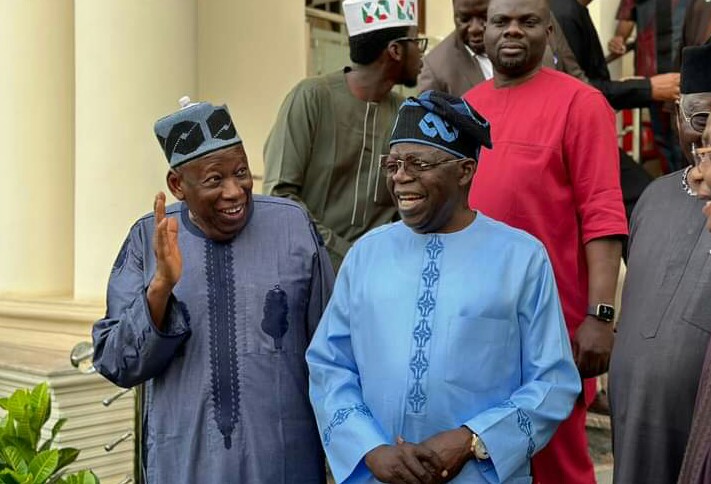
The civil service forms the backbone of governance, responsible for implementing policies and delivering services. However, in Nigeria, this institution has become a tool for corruption and inefficiency. The situation worsened under the previous administration, where systemic decay thrived. Ironically, the current president, who played a key role in that administration, now oversees a government that has entrenched impunity even further.
A Legacy of Corruption
Initially praised for reforms, the previous administration became synonymous with mismanagement and corruption. Allegations of inflated contracts, stolen funds, and compromised oversight mechanisms marred its legacy. Under the current president’s supervision at the time, ghost workers and fraudulent payroll schemes flourished unchecked. These practices laid the groundwork for today’s entrenched corruption.
The leadership’s actions weakened public trust. While citizens hoped for reform, the foundation of the civil service was eroded, making corruption a norm rather than an exception.
The Present: Corruption Deepens
Instead of addressing these issues, the current administration has magnified them. The president, often criticized for his controversial past, gained power through accusations of electoral malpractice, judicial bribery, and political intimidation.
Shortly after taking office, government operatives raided the Economic and Financial Crimes Commission (EFCC) headquarters. This bold move undermined Nigeria’s leading anti-corruption agency, signaling the regime’s disregard for transparency and accountability.
Judiciary and Electoral Compromise
The government has also weakened the judiciary by offering luxury cars, houses, and lucrative pensions to key officials. These actions, framed as “welfare benefits,” compromised judicial independence and created a culture of compliance.
Additionally, the administration has placed loyalists in charge of institutions like the Independent National Electoral Commission (INEC). By controlling these bodies, the government ensures its grip on power, stifling fair elections and public trust.
Silencing Critics
The Nigerian government has also targeted dissenters, arresting those who criticize its policies. These individuals are often detained in remote areas, isolated from public support. This strategy not only suppresses free speech but also fosters fear among citizens, discouraging opposition and dialogue.
Ripple Effects of Corruption in Nigeria
The consequences of systemic corruption are severe. Public funds intended for healthcare, education, and infrastructure disappear into private pockets. Meanwhile, citizens struggle with inadequate services and worsening poverty.
The civil service, burdened by inefficiency and nepotism, now serves as a barrier to development. Foreign investors avoid Nigeria due to its corrupt bureaucracy, further hindering economic growth.
Reclaiming Nigeria’s Future
Despite these challenges, Nigerians have the power to demand change. History shows that collective action can dismantle even the most corrupt systems. Citizens must remain vigilant and engaged in the fight for accountability.
- Strengthen Civil Society: Advocacy groups and NGOs must expose corruption and push for systemic reforms.
- Empower Investigative Journalism: The media must uncover hidden truths and hold public officials accountable.
- Demand Electoral Integrity: Nigerians should advocate for independent and transparent electoral bodies.
- Protect Whistleblowers: Laws must safeguard those who reveal corrupt practices.
- Leverage Technology: Digital tools can streamline processes and reduce opportunities for corruption.
Nigeria’s civil service, once a symbol of national development, now represents corruption and inefficiency. The current administration has intensified these issues, prioritizing personal gain over public welfare.
However, the story is not over. Nigerians can challenge this downward spiral and demand transparency and reform. The nation’s future depends on the collective will to rebuild its institutions and restore trust in governance.


